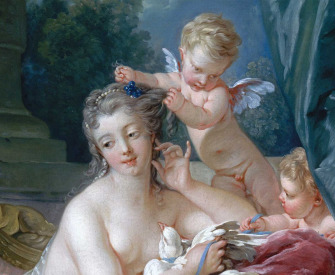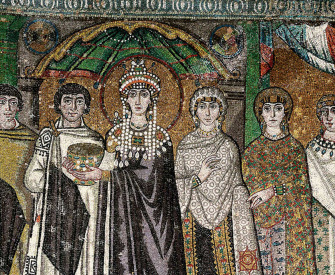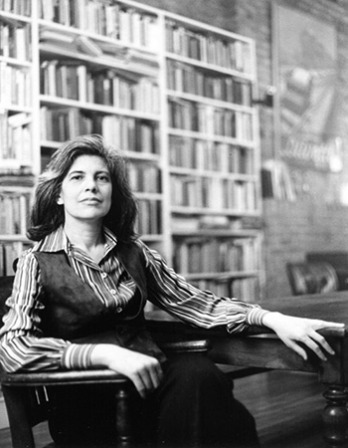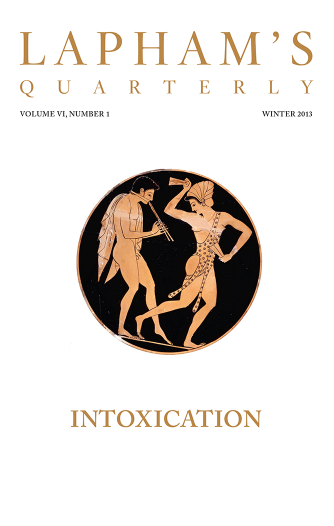The town and the country may be regarded as two magnets, each striving to draw the people to itself—a rivalry which a new form of life, partaking of the nature of both, comes to take part in.
The town magnet, it will be seen, offers, as compared with the country magnet, the advantages of high wages, opportunities for employment, tempting prospects of advancement—but these are largely counterbalanced by high rents and prices. Its social opportunities and its places of amusement are very alluring, but excessive hours of toil, distance from work, and the “isolation of crowds” tend greatly to reduce the value of these good things. The well-lit streets are a great attraction, especially in winter, but the sunlight is being more and more shut out, while the air is so vitiated that the fine public buildings, like the sparrows, rapidly become covered with soot, and the very statues are in despair. Palatial edifices and fearful slums are the strange, complementary features of modern cities.
The country magnet declares herself to be the source of all beauty and wealth, but the town magnet mockingly reminds her that she is very dull for lack of society and very sparing of her gifts for lack of capital. There are in the country beautiful vistas, lordly parks, violet-scented woods, fresh air, sounds of rippling water—but too often one sees those threatening words, “Trespassers will be prosecuted.” Rents, if estimated by the acre, are certainly low, but such low rents are the natural fruit of low wages rather than a cause of substantial comfort; while long hours and lack of amusements forbid the bright sunshine and the pure air to gladden the hearts of the people. The one industry, agriculture, suffers frequently from excessive rainfalls, but this wondrous harvest of the clouds is seldom properly ingathered, so that in times of drought there is frequently, even for drinking purposes, a most insufficient supply. Even the natural healthfulness of the country is largely lost for lack of proper drainage and other sanitary conditions, while in parts almost deserted by the people, the few who remain are yet frequently huddled together as if in rivalry with the slums of our cities.
But neither the town magnet nor the country magnet represents the full plan and purpose of nature. Human society and the beauty of nature are meant to be enjoyed together. The two magnets must be made one. As man and woman by their varied gifts and faculties supplement each other, so should town and country. The town is the symbol of society—of mutual help and friendly cooperation, of fatherhood, motherhood, brotherhood, sisterhood, of wide relations between man and man—of broad, expanding sympathies—of science, art, culture, religion. And the country! The country is the symbol of God’s love and care for man. All that we are and all that we have comes from it. Our bodies are formed of it; to it they return. We are fed by it, clothed by it, and by it are we warmed and sheltered. On its bosom we rest. Its beauty is the inspiration of art, music, of poetry. Its forces propel all the wheels of industry. It is the source of all health, all wealth, all knowledge. But its fullness of joy and wisdom has not revealed itself to man. Nor can it ever, so long as this unholy, unnatural separation of society and nature endures. Town and country must be married, and out of this joyous union will spring a new hope, a new life, a new civilization.
From Garden Cities of Tomorrow. Born in London in 1850, Howard worked as a private secretary and stenographer before he first proposed the garden city—a self-sufficient entity owned by a private company with a population of 30,000. Two such towns were built in Hertfordshire, later serving as the basis for England’s post–World War II “new towns.” He died in one of them, Welwyn Garden City, in 1928.
Back to Issue





